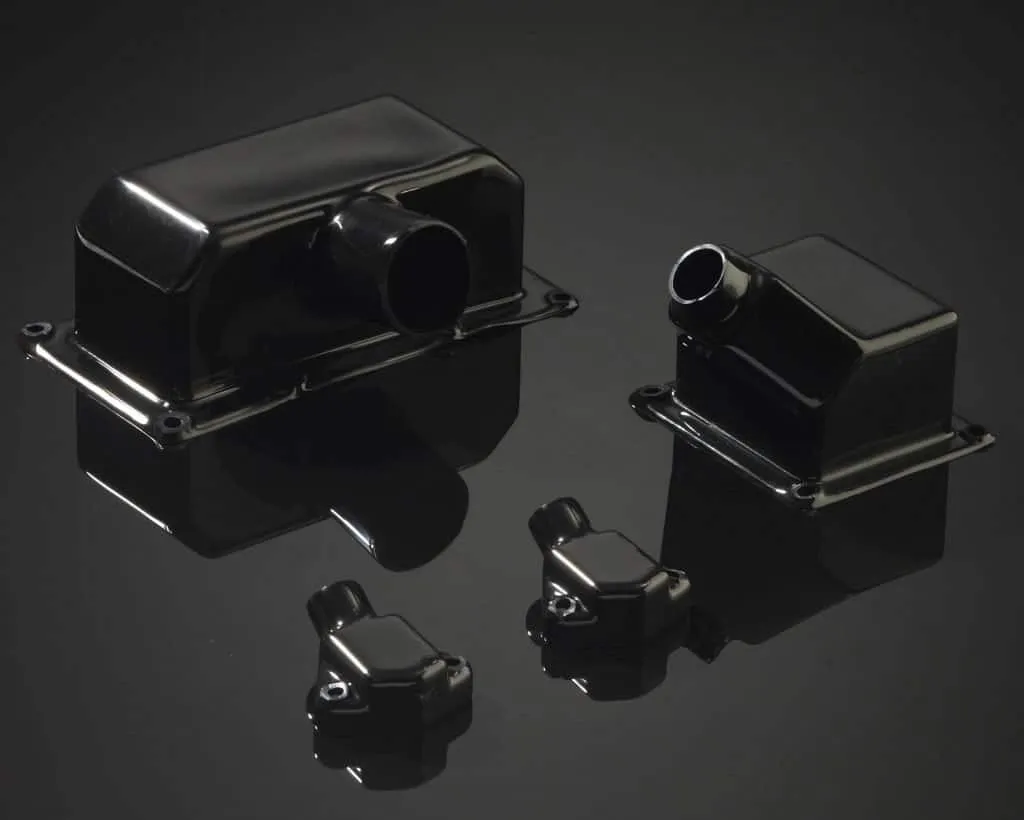
One of the most important aspects of electrical safety is ensuring that wires, connectors, and various components are all well insulated. One material that’s consistently used as an excellent electrical insulator is plastisol. This material plays a key role in safeguarding electrical systems. Let’s take a closer look at why plastisol is such a good choice for electrical insulation and how it contributes to reliable and safe electrical products.
Excellent Dielectric Properties
Plastisol’s primary strength as an electrical insulator comes from its dielectric properties. This means it doesn’t conduct electricity, making it an ideal material for preventing electric current from escaping or causing shorts. When plastisol is used as a coating for electrical connectors, cables, or wiring, it effectively insulates the metal components beneath, ensuring that the electrical current remains contained and doesn’t cause hazards like shocks or fires. The non-conductive nature of plastisol is one of the reasons it’s used extensively in products like insulated electrical connectors and wire coatings.
Durability and Resistance to Harsh Conditions
Another reason plastisol is such a reliable electrical insulator is its durability. Plastisol coatings create a strong barrier against moisture, chemicals, and physical wear. For electrical components exposed to challenging environments, like outdoor cables and machinery, plastisol offers superior protection. It resists degradation from UV rays, moisture, and corrosive substances that can easily damage less durable insulators. These traits make plastisol the right choice for ensuring the longevity and functionality of electrical systems in both industrial and residential settings.
Flexibility and Conformability
Unlike some rigid insulating materials, plastisol is flexible and can easily conform to a wide variety of shapes and sizes. This makes it particularly useful for applications like wire coatings, where it can smoothly cover cables of all shapes, ensuring a complete and secure seal. Its flexibility ensures plastisol coatings can bend and flex without cracking, making it perfect for electrical applications where movement or vibration is common. This added layer of protection prevents wear and tear over time, which is especially important for high-performance electrical components.
Easy Application and Customization
The dip molding and coating processes create the precise thickness that ensures the insulation is tailored to meet specific requirements for different electrical components. Whether it’s creating thick, durable coatings for heavy-duty wires or thin, flexible coatings for delicate connections, plastisol can be adjusted to suit any need.
If your business requires high-quality plastisol solutions including expert dip molding and dip coating services, Piper Plastics can be your trusted partner. We have decades of experience in creating tailored plastic manufacturing solutions and can provide you with the best insulation products for your electrical needs. Call 800-966-9919 to get started today!
